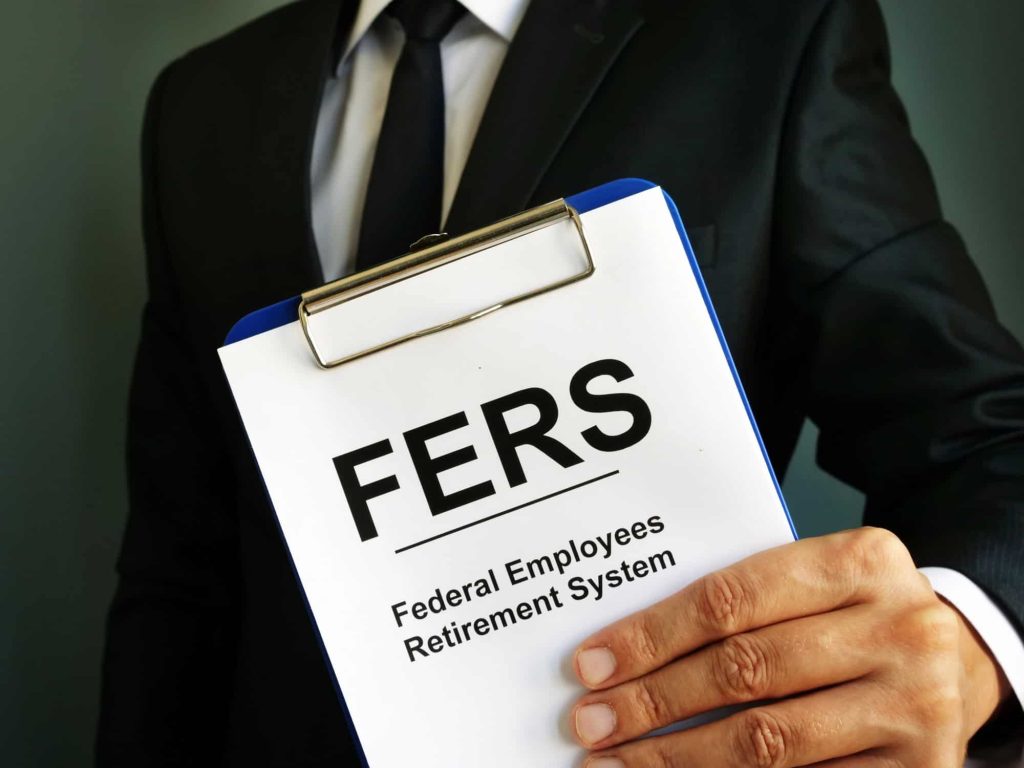
This is the second of a series of columns reviewing the retirement options for federal employees covered by the Federal Employees Retirement System (FERS).
Presented in this column are retirement options for FERS employees who are classified as Special Provision employees. Special Provision employees include law enforcement officers (LEOs), customs, border and protection officers (CBPOs), firefighters (FFs) and air traffic controllers (ATCs).
SEE ALSO: FERS Retirement Option: Voluntary/Optional Retirement
Special provision employees are entitled to retire at an early age with entitlement to a special calculation of their FERS annuity if the following conditions are met:
• Minimum age and minimum service requirements, and
• Separation from a job position subject to FERS coverage.
In addition, LEOs, CBPOs, FFs and ATCs are subject to mandatory retirement based on age. These special requirements and mandatory retirement ages are summarized in the following table:

Eligibility for Immediate FERS Retirement
Air Traffic Controller (ATC). A FERS ATC may retire voluntarily or involuntarily having completed 20 years as an ATC at age 50. This is the case except for removal for cause, charges of misconduct or delinquency. A FERS ATC could retire at any age with 20 years of ATC service and at least five years of other federal service (non-Special Provision positions) or “bought back” military service. An ATC is subject to mandatory retirement at age 56 with a minimum 20 years of ATC service.
Firefighter (FF). An FF means an employee occupying a “rigorous” position whose primary duties are to perform work directly connected with the control and extinguishment of fires.
Law Enforcement Officer (LEO). A LEO means an employee occupying a “rigorous” position whose primary duties are the investigation, apprehension or detention of individuals suspected or convicted of offenses against the criminal laws of the United States, or protection of officials of the United States against threats to personal safety.
Customs, Border and Protection Officer (CBPO). A CBPO means an employee involved in: (1) Interviewing persons and examining documents to determine citizenship and immigration status; (2) Making informed decisions regarding the admissibility of aliens into the United States and admitting, holding or releasing merchandise; (3) Obtaining information about the description, characteristics, value and country of origin of imported merchandise or agricultural products, by questioning and eliciting information from people; (4) Searching persons, baggage, cargo and carriers for contraband; (5) Monitoring, examining, and processing cargo containers at sea ports to facilitate importing merchandise; and (6) Exercising sound judgment necessary to apprehend, detain or arrest persons at the point of entry who are violating Federal immigration, customs, agriculture, or other laws.
An FF, LEO, or a CBPO can retire immediately at age 50 with a minimum 20 years of service as an FF, LEO or a CBPO, or a combination of two or three of the job classifications.
An FF, LEO or a CBPO can retire immediately at any age with 25 years of service with at least 20 of those years employed as an FF, LEO, or a CBPO, or a combination of two or three of the job classifications.
An FF, LEO or a CBPO has a mandatory retirement age of age 57 with a minimum 20 years of service in these job classifications.
Note the following under minimum age and service requirements for ATCs, FFs, LEOs, and CBPOs:
• Accrued and unused annual leave and/or sick leave cannot be used to meet the minimum service requirement.
• Military service – even if creditable under FERS for retirement eligibility and annuity computation – cannot be included as part of the minimum service requirement for an ATC, FF, LEO or a CBPO, and
• An employee is not required to separate from a position as an ATC, FF, LEO or a CBPO in order to retire under the Special Provision employee retirement rules. Once an employee meets the minimum service requirements (20 or 25 years and associated minimum age requirement), the employee may exercise the right to retire under the Special Provision retirement rules. This is the case even if the employee is no longer covered by the Special Provision rules at the time of retirement.
Mandatory Separation
ATCs, FFs, LEOs and CBPOs are subject to mandatory separation upon reaching certain ages. This section describes the mandatory separation rules for an ATC, FF, LEO and CBPO:
ATC. Unless an ATC qualifies for an exemption, an ATC is subject to mandatory separation upon reaching age 56. The mandatory separation is effective on the last day of the month when the employee becomes age 56. Note that an ATC is subject to mandatory separation even if he or she has insufficient years of ATC service to qualify for retirement under the Special Provision employee rules.
However, mandatory separation does not apply to employees who are eligible for retirement under the special provisions but who are not currently occupying an air traffic controller position.
FF, LEO and CBPO. FFs, LEOs and CBPOs are subject to mandatory separation upon reaching age 57. Unless there is granted an exemption from mandatory separation until the employee reaches age 60, the mandatory separation is effective as follows:
• If the FF, LEO or CBPO has completed 20 years of such service under the special provision rules, then he or she must be separated on the last day of the moth in which he or she reaches the mandatory separation age of 57; and
• If the FF, LEO, or CBPO attains the standard mandatory separation age of 57 and has not yet completed the minimum 20 years of service under the special provision rules, he or she must be separated on the last day of the month in which he or she completes the 20 years of service.
